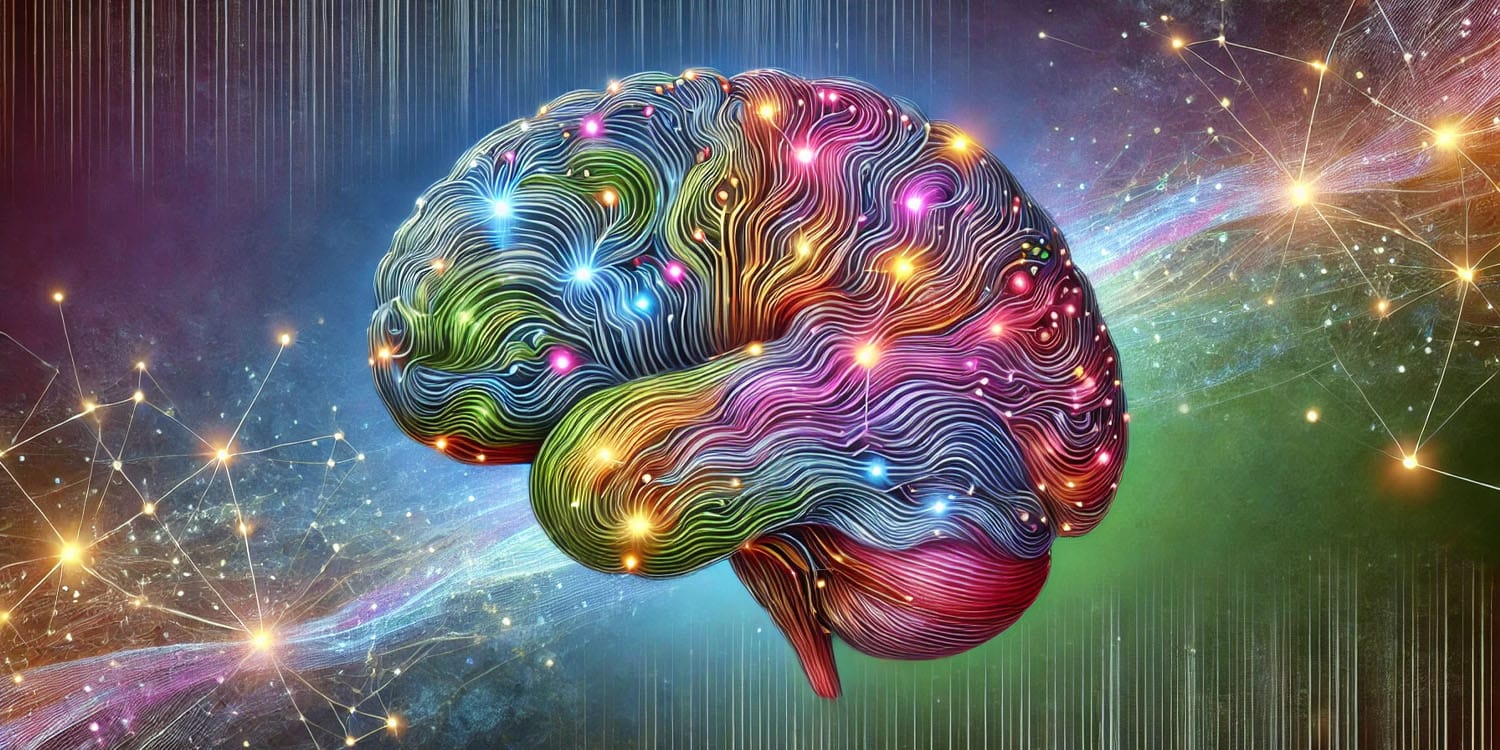Depression in young people is a growing concern. A new study published in the Journal of Affective Disorders explores an innovative approach to enhance current treatments: computerized memory specificity training. The findings suggest that this type of cognitive training could help young people with depression recall specific memories better and reduce depressive symptoms over time.
Major depressive disorder is a prevalent and impactful mental illness, with youth experiencing higher rates of recurrence and poorer outcomes compared to other age groups. Current treatments, including psychological therapies and antidepressant medications, often yield only modest effects. Thus, there is a pressing need to enhance the effectiveness of these treatments to improve long-term outcomes for young individuals with depression.
One key cognitive feature of depression is overgeneral memory, where individuals struggle to recall specific personal experiences and instead remember events in vague, generalized terms. This overgeneral memory can maintain and exacerbate depressive symptoms by impairing problem-solving abilities, reducing social support, and hindering future planning. By targeting this cognitive process, the researchers aimed to explore whether improving memory specificity could lead to better mental health outcomes.
The study specifically focused on computerized memory specificity training (c-MeST) because it offers a novel, low-burden intervention that can be easily integrated into existing treatment plans. Previous research has shown that memory specificity training can improve memory recall and reduce depressive symptoms in adults. However, there was limited evidence on its efficacy in younger populations.
“I have had a long-standing interest in how we use memory for therapeutic purposes in the context of mental illness,” said study author David John Hallford, a clinical psychologist and senior lecturer at Deakin University.
“How we recall memories, how we represent them mentally and the different ways in which we do this (e.g. specificity, detail, imagery, their emotional resonance), as well as how we can reflect on how memories and interpret or reinterpret them as ways of understanding ourselves and world. Earlier in my career, I did some research and clinical work in palliative care/end of life, and in that context the use of memory in therapy is a core focus, in reviewing one’s life and drawing meaning and self-esteem from it.”
The study involved a randomized controlled trial with 359 young participants aged 15 to 25, all diagnosed with major depressive disorder and receiving some form of mental health treatment. Participants were divided into two groups: one received c-MeST in addition to their usual care, and the other continued with their usual care alone.
c-MeST is a digital program designed to help people with depression recall detailed, specific personal memories. The idea is that by practicing this skill, individuals can improve their mental health. Participants use the program on their mobile devices, where they are prompted to remember and describe specific events from their lives in response to positive words and images. The program gives feedback on how detailed their memories are and encourages them to provide more specifics if needed. This practice aims to make it easier for them to remember specific experiences.
The researchers found that c-MeST significantly improved the ability of participants to recall specific memories. This improvement was evident at the one-month follow-up, indicating that the training successfully enhanced memory specificity in the short term. Participants who used c-MeST could more readily provide detailed, specific personal memories compared to those who only received usual care.
However, the study also found that the improvements in memory specificity were not maintained over the longer term. By the three-month and six-month follow-ups, the initial gains in memory specificity had diminished, indicating that without ongoing practice, the effects on memory might be short-lived. This decline suggests that while c-MeST can provide immediate benefits, its long-term effectiveness may require continuous engagement or periodic booster sessions to maintain the improvements in memory specificity.
Importantly, the researchers found evidence that c-MeST had a positive impact on depressive symptoms. At both the one-month and six-month follow-ups, participants who engaged with c-MeST reported significantly lower levels of depressive symptoms compared to those in the control group.
This reduction in depressive symptoms was of a moderate to large magnitude, suggesting that c-MeST can be an effective adjunctive treatment for depression. These findings are particularly noteworthy because they demonstrate that the benefits of c-MeST on depressive symptoms can be sustained over a longer period.
The findings indicate “that the way in which we use our memories is often quite automatic, and in the context of major depression and some other disorders, sometimes quite overgeneral in nature (e.g., remembering broad periods of life or categories of memories rather than individual instances),” Hallford told PsyPost. “But, if we can focus on increasing the specificity and detail with which we remember things, then we open up a lot of resources from our experience with which to understand ourselves and our lives, and that can help us potentially overcome issues that we face.”
“This study, and previous studies, show that this can be helpful in reducing depressive symptoms in youth, and may provide an extra effect when provided alongside other therapies (e.g. psychological therapies or antidepressant therapy).”
But the study — like all research — includes some caveats. Many participants did not complete the follow-up assessments, and those who did often completed only about 25% of the c-MeST modules. This low completion rate highlights a significant challenge in digital mental health interventions: ensuring sustained engagement. Future research could focus on increasing participant engagement and adherence to the program. This might involve making the program more interactive or gamified to maintain interest.
“Not all people experiencing major depression will have difficulty with memory specificity, nor memory in general, so this type of intervention may not suit everyone,” Hallford noted. “Also, while there is merit in remembering both good and bad memories, some, particularly traumatic memories can be more difficult to process and might require more specialised approaches.”
“We are working to integrate the training with ChatGPT AI, so people can have a more personalised experienced in remembering and training memory for personal experiences,” he added. “This would be closer to what we experience when we share memories socially, that is, we are prompted by someone else (a computer in this case), to really expand on and re-experience our past. As research indicates that memory specificity is an issue across a wide number of disorders/mental health problems, we may also expand the intervention further to test it among a wider variety of those.”
The study, “Improving usual care outcomes in major depression in youth by targeting memory specificity: A randomized controlled trial of adjunct computerized memory specificity training (c-MeST),” was authored by David John Hallford, David W. Austin, Keisuke Takano, Joesph J. Yeow, Danielle Rusanov, Matthew Fuller-Tyszkiewicz, and Filip Raes.




